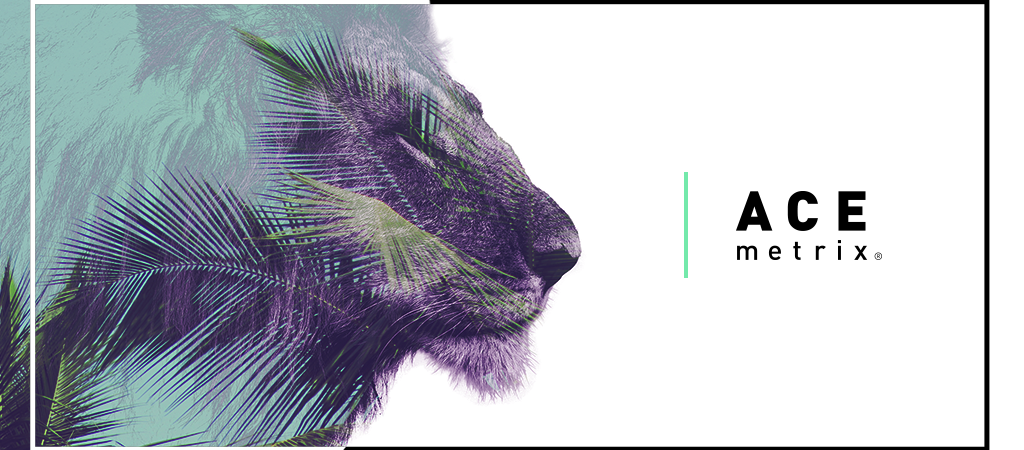Long known as the most prestigious award of the ad industry, the Cannes Lions have come under increasing pressure lately. Agencies like Publicis have announced that they are withdrawing from the competition for next year, and several other agencies—as well as major brands—have indicated that they may follow suit.
While several reasons are given, from the boondoggle nature of the environment, to the location, or even participants turning it more into a “trade show” as Martin Sorrell noted, there might be a deeper reason. There is a fundamental question that needs to be asked: What does winning a Cannes Lion do for a brand? Questions are surfacing about whether objectives are aligned between an innovative creative team trying to win a Lion and those of the brand.
If the festival environment itself is not giving brands and agencies pause, it might be the criteria that is used to decide what wins—how do juries decide what wins? After all, Cannes-winning ads are winners because of a jury’s opinion, not because of any objective data analysis. Juries are comprised of industry insiders, often top creative people, and what they deem worthy, logically, can be different from what the viewing public (the brand’s consumers) might think.
Data helps scientifically explain why Cannes Lions-winning ads win. What is the emotional impact that juries reward? Is there a predictable pattern among the data that generates a higher likelihood of winning an award? And if there is, can brands use this knowledge to improve their odds of winning?
A new study answers these questions and points to common emotional patterns among Cannes winners, despite different juries and submissions each year. Ads that have similar statistical patterns are proven to have a much higher probability of being a winner—up to 20 times higher. Additionally, the study unmasked the growing disconnect between what Cannes Lions juries view as a successful ad vs. brand attributes and the reaction of the viewing public.
The top emotions present in Cannes winners that are not present in everyday ads are “annoying, eerie, hilarious, funny, outta left field, unique, WTF, dumb, quirky, and oddball.” These are not necessarily terms you might attribute to a successful brand campaign. Clearly, juries are rewarding newness, uniqueness, even shock—things they haven’t seen before—as an important dimension of success, which may or may not hit with viewers. The appropriate use of humor and heartwarming emotions, as well as stunning visuals and audio, can also play a big role in Cannes success.
On the flipside, emotions that are negatively associated with Cannes winners might surprise you. Emotions of “authenticity, good deal, understandable, learning, value or ‘Brandtastic’” are negatively correlated with winning. The “Brandtastic” emotion elicits words and phrases like these from viewer responses: “very good brand, quality brand, love the company, love the brand, great company, great brand, excellent brand, well-known brand, popular brand, nice brand, like the company.”
All of these phrases would be something an advertiser’s brand team would value in response to an ad. So it’s noteworthy that as these attributes of ads that describe, inform or communicate about the brand increase, the likelihood of winning a Cannes Lion award decreases. The growing differences between what is awarded by Cannes juries, and key brand objectives, is likely a contributing factor to the festival’s troubles.
There are clearly indirect benefits of winning a Lion, including international recognition and reputation for pushing the creative envelope. But direct brand benefits might be less obvious, or as our data has shown, actually may be at odds with brand goals. To be fair, not all Cannes winners do poorly at depicting brand objectives—especially heartwarming, emotive ads from companies like P&G, Unilever and Apple, which have achieved both creative and brand success.
Many creative people have told me that producing an ad to win at Cannes is a different challenge than selling a product. But with ad budgets under intense pressure to deliver ROI and growth, perhaps this disconnect is now more noticeable in the ads themselves. Perhaps its just too expensive to try to produce an ad that succeeds at Cannes and delivers brand goals. As a major marketer recently told me, “Winning a Lion is street cred for creative, but obviously we have to make sure we are creating ads that help us achieve our business goals first and foremost.”
Peter Daboll is CEO at Ace Metrix.










